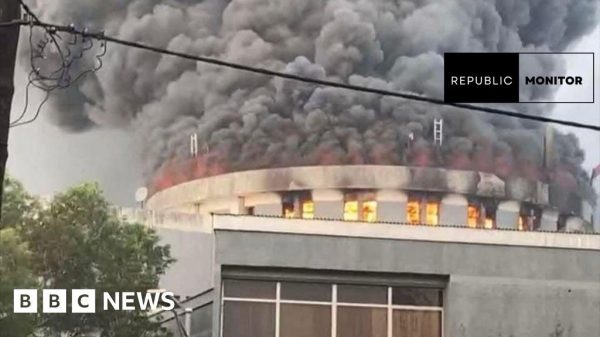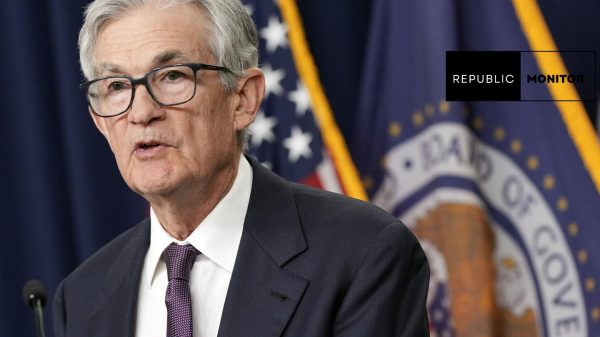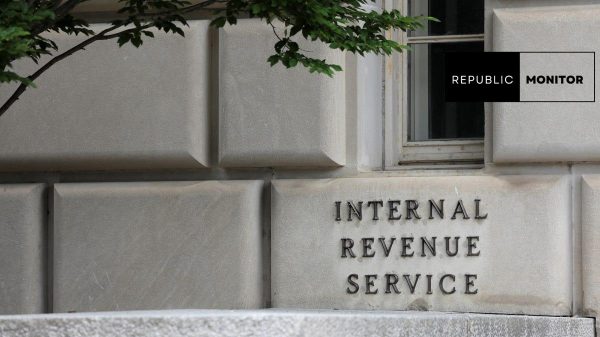In a volatile turn of events, the U.S. military persists in its efforts to quell Houthi fighters in Yemen, particularly those targeting commercial ships in the Red Sea. The situation remains tense, marked by missile exchanges between the U.S. and the Houthi rebels, raising concerns about the potential for further escalation. NPR’s national security correspondent, Greg Myre, provides insight into the latest developments in this unfolding conflict.

Increasing Tensions: US Military Attacks Proceed in an Attempt to Dissuade Houthi Fighters in Yemen
Recent U.S. Strikes and Houthi Response
The U.S. Navy executed a pre-dawn strike, successfully destroying four Houthi ballistic missiles intended for use against commercial ships in the Red Sea. This marks the third such U.S. strike in a week. However, reports indicate that despite these efforts, Houthi fighters managed to launch a missile hours after the U.S. strike, hitting a Greek-owned commercial ship. Fortunately, the vessel sustained limited damage, and the crew remained unharmed.
Risk of Escalation: A Growing Concern
The geographical distance at which these missile exchanges are taking place creates a worrisome backdrop. Analysts and observers are increasingly concerned about the risk of escalation, as demonstrated by a separate incident off the coast of Somalia. During a nighttime raid, U.S. Navy forces discovered components for ballistic and cruise missiles, allegedly destined for the Houthis in Yemen. Tragically, two Navy SEALs are reported missing following an attempt to rescue a comrade during the operation.
Effectiveness of U.S. and U.K. Strikes: Awaiting Clarity
While the U.S. and the U.K. launched strikes last week to deter Houthi attacks on commercial ships, it remains unclear whether these actions have effectively curbed Houthi aggression. The strikes aimed to send a strong message and halt the two-month-long campaign by the Houthis, who claim solidarity with Palestinians facing conflict in Gaza. However, the recent missile launch by the Houthis suggests that the impact of the campaign is yet to be fully realized.
Yemen’s Domestic Struggles and External Support
Yemen, grappling with years of civil war and economic challenges, finds itself at the center of international tensions. The sustained supply of missiles empowering the Houthi rebels is attributed to Iran’s support. Iran, known for its proxy network, has long aided the Houthis, contributing to their emergence as a dominant force in Yemen. The U.S. alleges that Iran continues to supply weapons and intelligence to sustain Houthi attacks, leveraging its proxy networks in the region.
Conclusion: The Unfolding Crisis
As the conflict in Yemen unfolds, the world watches with bated breath, mindful of the potential consequences of escalating hostilities. The intricate dynamics involving global powers, regional conflicts, and longstanding geopolitical tensions underscore the complexity of the situation. The coming days will reveal whether diplomatic channels can avert a full-blown crisis or if the region is headed for increased turmoil.
















